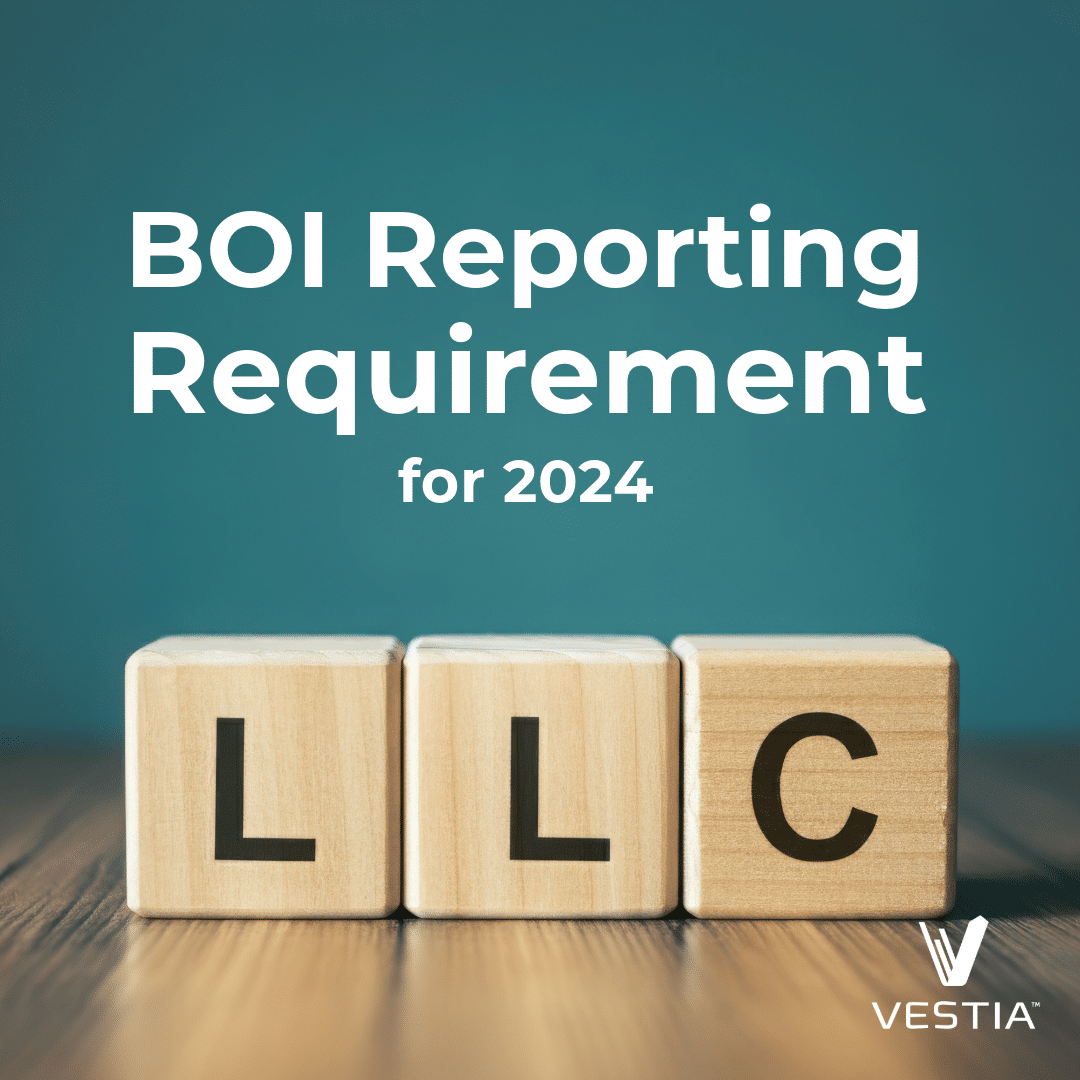No matter which way you spin it—most physicians graduate with a significant amount of debt. Creating a plan to repay that debt should bring added freedom and flexibility to your life. The road to debt repayment may be a long one, but it doesn’t have to be out of reach.
From consolidation suggestions to loan opportunities, here are our top tips on navigating debt as a doctor.
Take Advantage of Present Low-Interest Rates
With interest rates dropping left and right, physicians have opportunities to lock in a lower rate and boost their debt-repayment plan.
Student Loans
If an opportunity has come out of COVID-19 for young physicians, it may be the low-interest-rate environment for refinancing student debt. The average new physician is saddled with $250,000 in student debt. Refinancing may save hundreds of thousands over the life of the loan.
A 6.8%-7.9% interest rate on a federal student loan of $250,000 over 20 years would amount to nearly $500,000 repaid. Since COVID-19, our advisors have seen rates on private refinances as low as 3.6% on a 15-year repayment term. This could potentially save you $150,000 over the life of the loan and reduce your monthly payments significantly. Even just a year ago, those rates were closer to 5.5%, making this low-interest rate climate ripe for opportunity.
To Consolidate or Not To Consolidate
Keep in mind that it’s not always beneficial to consolidate/refinance your federal loans into private ones. Federal student loans have different repayment choices like income-driven repayment plans and forgiveness options. Physicians positioned for Public Service Loan Forgiveness (PSLF), for example, likely wouldn’t consider refinancing.
Currently, the new administration hasn’t released anything definitive on student loan cancelation beyond the $10,000 forgiven per borrower, which is, unfortunately, just a drop in the bucket for most physicians.
Before you consolidate your federal student loans, talk with your financial team to ensure it’s the best move for you. We likely won’t know more about the new administration’s plans for student loan forgiveness until later this year, so it’s important to do what’s best for you. Remember, most federal policies don’t extend to private student loans. Do your due diligence before consolidating.
As with any element of your financial plan, we start with your goal then build a strategy to support that goal. This system works in conjunction with all of your financial goals, so we can create a tailored solution for your needs.
Declining Mortgage Rates
Mortgage rates have been at an all-time low, creating many refinancing opportunities. Refinancing to a lower interest rate is great, but before you sign on the dotted line, consider the closing costs. If you’re in the home long enough to break even on your investment, the new mortgage lowers your monthly payment, and the interest is reduced over the life of the loan, then refinancing might be a good idea.
Most of these stellar interest rates apply to traditional loans, not jumbo loans. Jumbo loans simply exceed the limits set by the Federal Housing Finance Agency. The value of a jumbo mortgage varies by state, but it’s usually close to the $500,000 mark. Even though there are good interest rates available for jumbo loans, they aren’t as jaw-dropping as their traditional counterparts.
While the media might plaster 1% interest rates on headlines, that type of rate is likely not available for jumbo loans. Take a look at what you’re currently paying and if the cost to refinance will benefit you in the short and long term.
Buy Your House With A Physician Loan
A physician’s loan is a special loan opportunity for doctors that doesn’t require private mortgage insurance (PMI), even with less than a 20% down payment. This loan option may give doctors increased accessibility to homeownership without a sizeable down payment. Most MDs and DOs quality for these programs and some programs extend to dentists and orthodontists.
Ditching PMI may save you hundreds of dollars each month, and thousands over the life of the loan. Along with no PMI, physician loans have a more lenient debt to income ratio, a prime metric banks use to grant mortgages.
Since many doctors graduate with debt well into the 6 figures, their debt to income ratio would disqualify them for many loans or ones with reasonable interest rates. These programs help doctors secure good loans. Most lenders even accept a residency contract for employment verification and proof of income.
Is There a Catch?
Our young doctors ask us all the time if there is a catch to physician loans. Sometimes they just seem too good to be true, but when used appropriately, they work well. A physician loan allows new doctors to purchase a house with a little to no down payment coupled with below-average interest rates, freeing up cash flow to build an emergency reserve, start investing and paying down student debt.
In most cases, it serves young doctors to prioritize paying down student debt and investing in the markets than funneling their resources toward a larger mortgage down payment. Of course, what’s best for you will depend on your goals, resources, priorities, and family needs.
Not all physician loans are created equal. These loans are much more abundant in specific regions such as the South East and the Midwest than in the West or North East. Doctors in those regions might need to shop around a bit more.
Make A Reliable Plan for Student Loans
Repaying your student loans most likely won’t happen in one fell swoop. There are several options to consider depending on the type of loans you have, whether you’re working toward loan forgiveness, and your financial goals. Let’s take a look at a few different approaches to tackling student debt.
Negotiate It In Your Contract
Student loan repayment is becoming a popular benefit among modern employers and is something that we can help doctors negotiate for in the process. If assistance from your employer is important, we can focus on this element throughout the negotiations.
Doctors on Track for Forgiveness
Public Service Loan Forgiveness (PSLF) is perhaps the most common loan forgiveness vehicle for those working in the public or nonprofit sectors. In most cases, PSLF benefits doctors that start making payments early in their residencies.
We usually start working with doctors well after this point, so for doctors on this track, we can help make sure any new job they take would fit the requirements, or run the numbers on a tradeoff if they pursued a position outside that area.
There are several other loan forgiveness options for doctors that we can help you navigate.
What Debt and Your Goals Have In Common
Building a debt repayment plan that works for you is all about establishing your goals and priorities. Everyone’s financial plan looks different because of the things that matter most to them.
If your top goal is for work to be optional by 55, then you may not be able to delay your savings plan until all your debts are paid off in full, especially as many physicians don’t start their first in-practice jobs until their mid-30s. The earlier you start saving, the more time those dollars have to compound, so if you’re looking to retire early, you may need to get a jump start on your savings plan.
One of our client’s number one priority is to fully fund four years of private school tuition for his three children. Since this goal takes precedence, all of his other goals shift to accommodate that one.
Debt isn’t one dimensional. There is a financial and a psychological component to debt, making it important to weigh your goals against the potential tradeoffs. Your goals might suggest one path, but that path might bring about some psychological impacts you don’t like. If you can’t sleep at night or are constantly worried about your debt, then you need to shift your plan to quell that feeling.
Make a Debt Repayment Plan That Works for You.
Many new physicians are concerned about their debt and rightfully so. Our team at Vestia helps you build a plan to repay your debt keeping your goals, values, and priorities at the center. Ready to make a plan to conquer your debt? Set up a call with our team today.
Investment advisory services offered through Vestia Personal Wealth Advisors, Vestia Retirement Plan Consultants, and Vestia Advisors, LLC. Securities offered through Ausdal Financial Partners, Inc., 5187 Utica Ridge Rd, Davenport, IA. 52807 (563)326-2064. Member FINRA/SIPC. Vestia Personal Wealth Advisors, Vestia Retirement Plan Consultants, Vestia Advisors, LLC, and Ausdal Financial Partners, Inc. are independently owned and operated.
This material is intended for informational purposes only. It should not be construed as legal or tax advice and is not intended to replace the advice of a qualified attorney or tax advisor. This information is not an offer or a solicitation to buy or sell securities. The information contained may have been compiled from third-party sources and is believed to be reliable.



